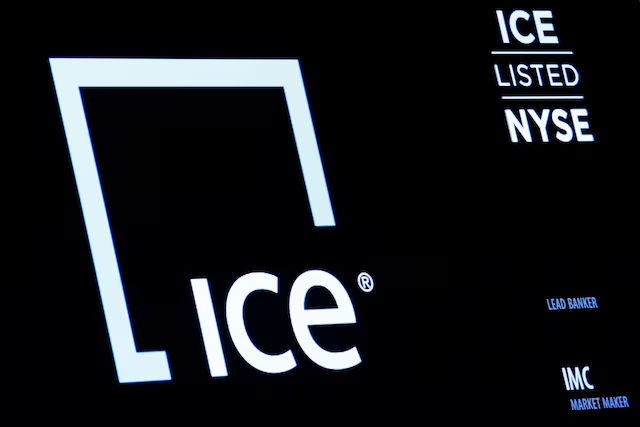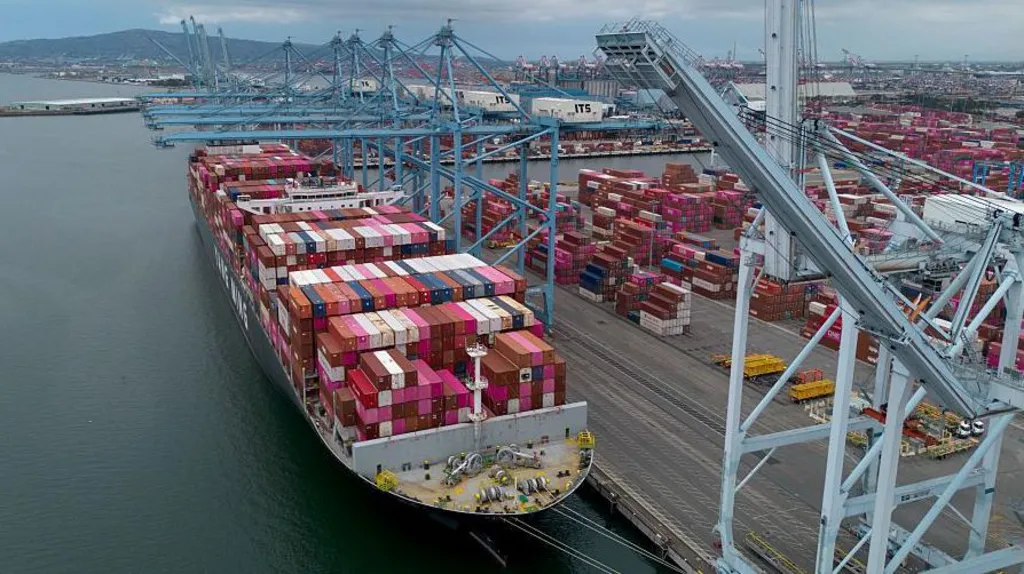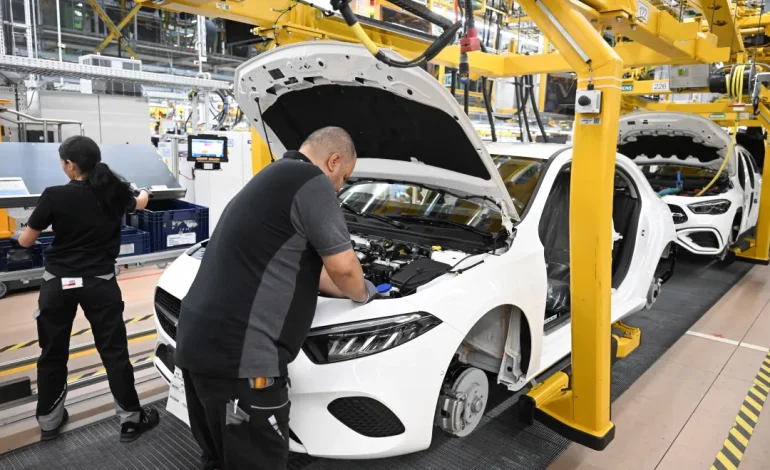Production lines at several European automotive suppliers have come to a halt amid tightening Chinese export controls on rare earth minerals and magnets — a development that is sending ripples through the global auto industry and prompting urgent calls for international dialogue.
The Chinese government introduced export licensing requirements in early April for a number of rare earth elements critical to the production of electric and internal combustion engine vehicles, as well as defense and energy systems. While these measures were introduced in response to recent US tariff actions, they have continued even as some tariffs were later paused. China currently controls over 90% of the rare earth supply chain, making its restrictions highly consequential for industries worldwide.
Since the implementation of the new rules, obtaining export licenses has proven difficult. According to multiple reports, only around 25% of applications have been approved. This delay has not only slowed customs processing but also caused production disruptions for rare earth magnet manufacturers in China. These delays have now begun to cascade through international supply chains.
The European Association of Automotive Suppliers (CLEPA) confirmed that several parts manufacturers in Europe have already shut down production lines due to a lack of critical materials.
“With a deeply intertwined global supply chain, China’s export restrictions are already shutting down production in Europe’s supplier sector,” said Benjamin Krieger, CLEPA’s secretary general.
He urged both the European Union and Chinese authorities to establish a transparent and balanced licensing process to avoid further disruption.
Germany’s car industry echoed these concerns. The country’s automotive lobby group, the German Association of the Automotive Industry (VDA), warned that if the situation is not resolved soon, more production stoppages could occur.
“Although some licenses have now been granted, this is currently not enough to ensure smooth production,” said VDA President Hildegard Müller.
She called on European leaders to engage with Beijing to expedite solutions.
Rare earth magnets are essential components in hybrid and electric vehicle motors, as well as other automotive systems such as catalytic converters and power-adjustable seats. As global demand for electric vehicles rises, so does the reliance on rare earth materials — intensifying concerns about long-term supply security.
Automakers are responding with varying levels of urgency. BMW confirmed that parts of its supplier network have been affected, while Mercedes-Benz and Volkswagen reported that their supply chains remain stable for now. Both companies, however, acknowledged the risks and highlighted ongoing efforts to reduce dependence on heavy rare earth elements.
“Mercedes-Benz aims to use alternative materials and limit reliance on dysprosium and other critical rare earths,” a company spokesperson said.
Volkswagen noted that its suppliers are working with Chinese counterparts to secure the necessary export licenses.
Outside of Europe, Japanese automakers are also beginning to feel the strain. Nissan CEO Ivan Espinosa acknowledged the potential for impact and said the company is working with government and industry groups to mitigate risks.
“We need to continue finding alternatives for the future, keeping flexibility and keeping our options open,” Espinosa told CNBC.
Meanwhile, Suzuki Motor has reportedly suspended production of its Swift model due to the shortage, marking one of the first major production halts in Asia linked to the rare earth curbs.
The situation underscores the strategic importance of rare earths in the transition to cleaner technologies and the fragility of supply chains that depend heavily on a single source. While Western countries have ramped up recycling efforts and sought alternative suppliers, experts caution that these steps alone are unlikely to fully replace Chinese supply in the near term.










The latest news in your social feeds
Subscribe to our social media platforms to stay tuned